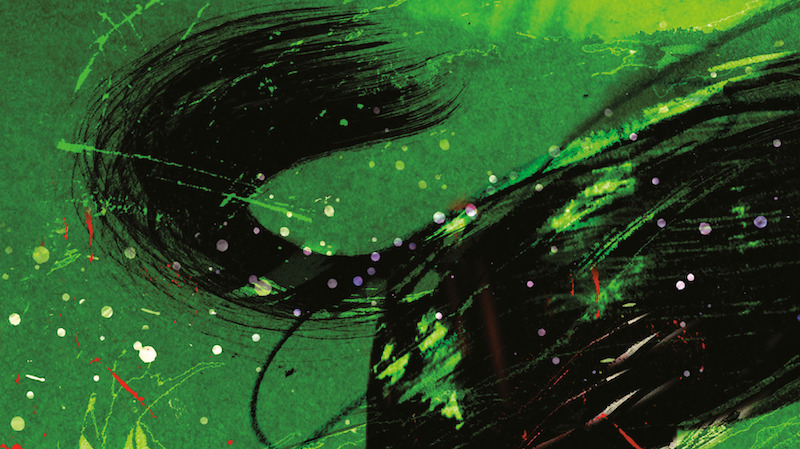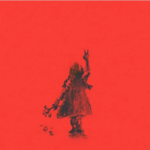TODAY: In 2013, Chinua Achebe dies.
- John Edgar Wideman meditates on vulnerability, the abyss, and going to the doctor. | Lit Hub
- What exactly does a librarian do? (Everything.) A new column from Kristen Arnett. | Lit Hub
- Why do we turn to stories in the midst of disaster? Madeleine Wattenberger in Mexico City, post-earthquake. | Lit Hub
- Shannon Leone Fowler talks to her mother, Karen Joy Fowler, about writing a grief memoir while raising three small children by herself. | Lit Hub
- “Unthinking boosterism doesn’t help authors improve, it doesn’t help literature stay strong and interesting, and it kills the ongoing conversation that is art.” Speaking with literary critic and co-founder of the Seattle Review of Books, Paul Constant. | Book Marks
- Whether a woman can have children without losing her creative self is a subject that refuses to die: Natasha Bell on “the systemic sexism at the heart of both parenthood and the arts.” | CrimeReads
- “The British might have forgotten about Providence, but for the islanders, England remained as real, and as unattainable, as an absent father.” Read an excerpt from Tom Feiling’s The Island That Disappeared. | Longreads
- “All our worst mistakes begin as fiction in our lives.” Yiyun Li and Andrés Barba in conversation. | BOMB
- From I Want My Hat Back to What Pete Ate from A-Z, the best, least annoying books to read to children. | Shondaland
- Michael Chabon celebrates David Lynch’s unique ability “to see the ooze and the swarm, the weird in the everyday, the horror just beneath the ordinary surface of things”—and to find the beauty in it. | The Paris Review
- Tweet, Emily Wilson, about a complicated man: On the classicist’s “quietly revolutionary,” enlightening online presence. | The New Yorker
- “It was that book that taught me gender equality wasn’t just about society—it was about me, personally. It taught me that the patriarchy begins at home.” Tayari Jones on learning the lessons of Song of Solomon. | The Atlantic
- How Beijing bookstore All Sages—founded by Liu Suli, a former student leader imprisoned after the Tiananmen Square protests of 1989—quietly defies censorship. | The New York Times
Article continues after advertisement




















